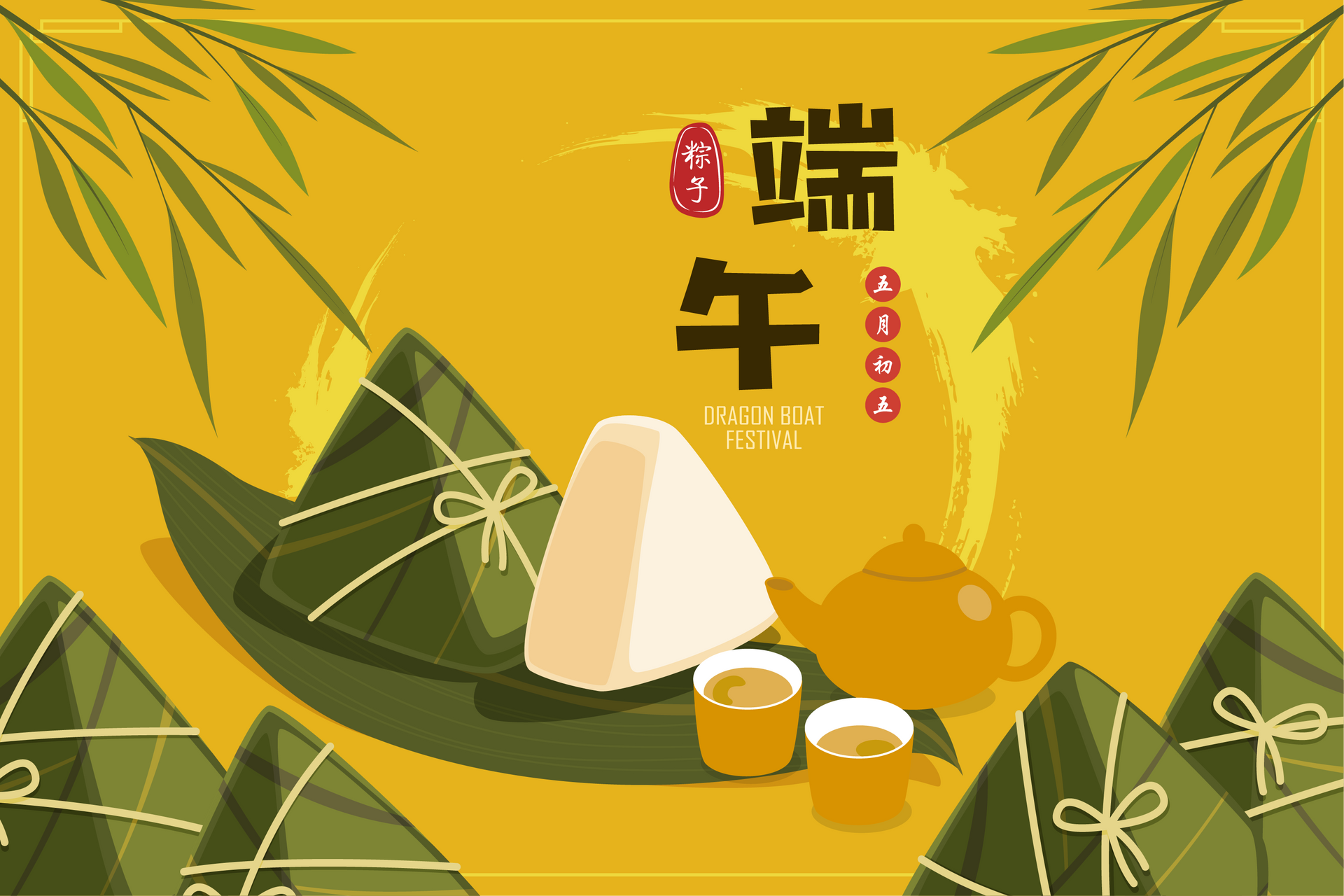Are you suffering from Insomnia?
Sleep is vital for the body's organs to function well. When sleep is affected, one's quality of life is affected as well. Some of the negative impacts include psychologically and physiologically, compromised immunity system, memory loss, inattention, slow response, depression, bipolar disorder, aging and so on.
Insomnia is a type of sleep disorder that affects many people, with the most common symptom being unable to fall asleep at night. However, there are other less known symptoms such as waking up early in the morning and being unable to fall back asleep that many may not know about. Hence, it is important to be able to understand and identify the symptoms of Insomnia and have it treated as soon as possible to reduce the negative impact it has on one's overall well-being.
You may be suffering from Insomnia if you experience any of the following:
1. Sleep quality is bad
- Difficulty in falling asleep; takes more than half an hour to fall asleep
- Difficulty in remaining asleep for long period of time
- Waking up early in the morning and unable to fall back to sleep
- Any of the above symptoms lasting for at least 3 months, 3 days a week
2. Sufficient sleep time, but feel life is affected, e.g. disorder in social, occupation, education, behaviour and etc.
3. Excluded other internal and external factors, such as nasal and oral structure problems leading to hypoxia, drug abuse, drugs and etc.
TCM's Views on Insomnia
TCM believes that the human body is part of nature, thus should follow the laws of nature. The laws of nature refers to working during sunrise and resting when sun sets. Our regular sleep pattern should follow the rising and setting of sun and in the case of Insomnia, it will break this natural law since one's sleep is disrupted during the regular sleeping hours.
In the aspect of Yin and Yang, TCM emphasises on the balance of both forces for one to be healthy. When both forces are not balanced, illness will occur and in the case of Insomnia, the forces are not balanced since there is yin deficiency which results in overpowering yang force. Insomnia patients can be categorised into two broad types as follow:
1. Excessive Yang
Due to the hectic lifestyle of adults, nerves remain tense even till late at night. In addition, many have the habit of watching exciting TV series or horror movies, eating supper or working out vigorously before going to bed which will stimulate the Yang, contrary to the law of nature. Those who fall under this category of Insomnia will usually feel more irritable or experience dizziness, headache or facial flushing as common symptoms.
2. Yin Deficient
The second type of Insomnia patients are those who are Yin deficient which causes excessive Yang. This is common in people who are skinny or weak. They are usually energetic but this burst of energy usually do not last, and they will be more prone to shortness of breath and feel flustered easily. Children and menopausal women can also fall under this category of Insomnia sufferers; children are energetic and full of Yang force and menopausal women are usually Yin deficient due to the natural aging of organs and deficiency of hormones.
Treatment for Insomnia
For those with excessive Yang, try to relax at least 2 hours before the ideal sleeping time of 11pm (this is according to the flowing of meridian sequence. This means that one should avoid any vigorous activities that will stimulate excessive Yang, and focus on clearing heatiness and purging fire.
DIY Tea Recipe
Prunella 30g | Chrysanthemum 15g | Mulberry Leaves 15g
Combine all ingredients into water and bring to boil. Serve hot and drink to clear heat.
For those who are Yin deficient, it is recommended that they rest enough, eat healthily and avoid spicy, fried and greasy food. Those under this category of Insomnia sufferers should focus on nourishing Yin and moisturising the body.
DIY Tea Recipe
Licorice 10g | Red Jujube 15g | Wheat 30g
Combine all ingredients into water and bring to boil.
Should you experience any of the following symptoms, consider adding in the extra ingredients:
Dry mouth: Lily and Spina Date Seed
Anaemia or fear of cold: Dried Longan Pulp and Chinese Angelica
Besides DIY tea recipes, TCM can also treat Insomnia with acupuncture and oral herbal medication to restore the balance of Yin and Yang in the body.
Tips For A Good Sleep!
- Some people think that alcohol has the effect of calming and inhibiting the central nervous system, then they try to improve their sleep by drinking alcohol. But they don’t know alcohol may be helpful for the initial stage of sleep, but the metabolites of alcohol will actually shorten the time of deep sleep and reduce the quality of sleep.
- Sleep is an automatic process. The brain generates status under the control of nervous systems and hormones, and operates according to the laws of the biological clock. Therefore, don’t rush to take sleeping pills once insomnia occurs. Although it is important to be able to sleep well but It is more important to restore our body's biological clock, have a quality sleep, and wake up energetically.
- Vigorous workout, eat supper, watching smartphone, television or computer for long hours before going to bed, are contrary to natural law.
- The point in time of sleeping is important as well as the length of sleeping hours. For the same 8 hours, people sleep between 11pm to 7am, will feel more energized after wake up, compared to people sleep between 2am to 10am.
- If sleep time is too long, such as more than 10 hours is also an unhealthy habit. This can increase the incidence of some chronic diseases.







